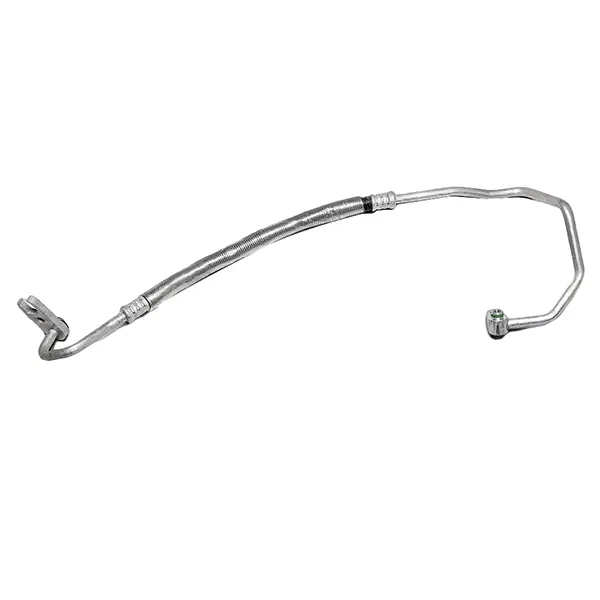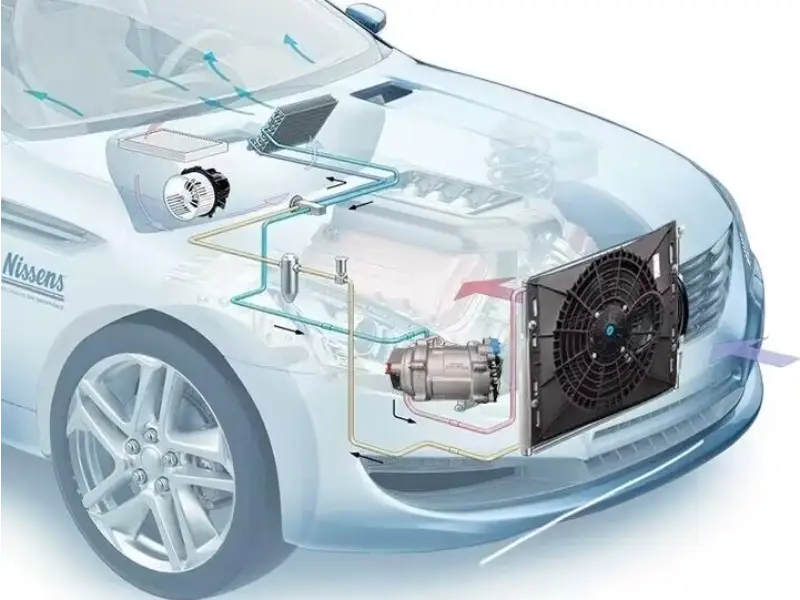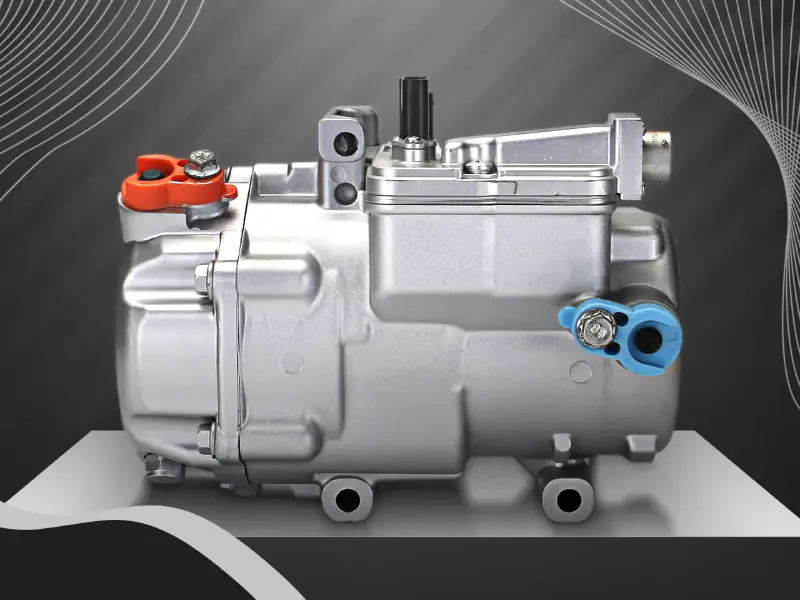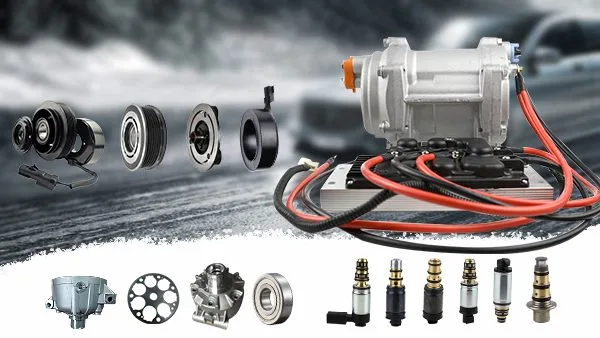When it comes to automotive air conditioning, the AC compressor plays a central role in the AC system. Choosing the right ac compressor for your vehicle is a crucial topic that can impact both comfort and performance. In this article, we will explore the different types of car AC compressors available on the market, their advantages and disadvantages, and how to select the best one for your needs.
Different Types of AC Compressors
There are primarily five types of auto AC compressors: the reciprocating compressor, the rotary compressor, the scroll compressor, the centrifugal compressor, and the piston compressor.

Reciprocating Compressor
This is one of the most common types used in vehicles. It works by using pistons that move up and down to compress the refrigerant. They are known for their reliability and cost-effectiveness, making them a popular choice.
Advantages:
Cost-effective
Easy to repair
Disadvantages:
Can be noisy
Heavier than other types
Rotary Compressor
This type uses a rotating mechanism to compress the refrigerant. They are generally more compact and lighter than reciprocating compressors. However, they may not be as efficient at very high temperatures.
Advantages:
Compact design
Lightweight
Disadvantages:
May struggle in high-temperature conditions
Limited cooling capacity compared to other types
Scroll Compressor
Scroll compressors are gaining popularity for their quiet operation and high efficiency. They use two spiral-shaped scrolls to compress the refrigerant. While they tend to be more expensive, their durability and performance can justify the cost.
Advantages:
Quiet operation
High energy efficiency
Disadvantages:
Higher initial cost
More complex design can lead to higher repair costs
Centrifugal Compressor
This type uses a rotating disk to increase the velocity of the refrigerant, converting kinetic energy into pressure. They are often used in larger vehicles or specialized applications where high flow rates are needed.
Advantages:
High flow rates
Efficient for larger systems
Disadvantages:
More complex and expensive
Not suitable for small vehicles
Piston Compressor
Similar to the reciprocating compressor, piston compressors use pistons to compress the refrigerant. They are known for their robustness and efficiency but can be bulkier and heavier.
Advantages:
Robust and efficient
Good performance in various conditions
Disadvantages:
Bulky and heavy
Can be noisy
Conclusion
With various options available in the market, selecting the best compressor for AC units in your car depends on your specific needs. Factors such as energy efficiency, cooling capacity, power requirements, and maintenance requirements should all be considered. Whether you opt for a reliable reciprocating compressor, a compact rotary compressor, or a high-efficiency scroll compressor, making an informed choice will ensure that your automotive air conditioning system performs optimally.






